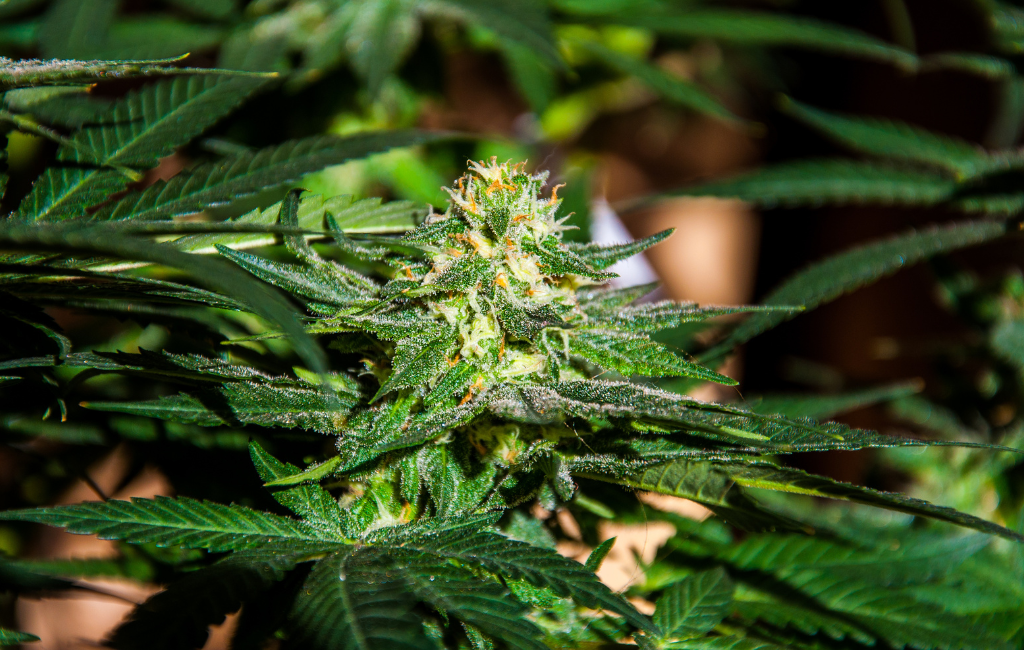Cannabis, a plant with a rich history, has been used for various purposes across different cultures. Cannabis effects on the human body and mind have been the subject of extensive research and debate. This article explores the multifaceted experience of cannabis use, providing insights into its effects, both positive and negative.
The Science Behind Cannabis
Cannabis contains over 100 chemical compounds known as cannabinoids. The two most well-known are tetrahydrocannabinol (THC) and cannabidiol (CBD).
- THC: This is the psychoactive component responsible for the “high” associated with cannabis use. It affects the brain’s reward system, leading to altered perceptions and mood changes.
- CBD: Unlike THC, CBD is non-psychoactive. It is often used for its potential therapeutic benefits, such as reducing anxiety and inflammation.
Cannabinoids interact with the body’s endocannabinoid system, which plays a role in regulating mood, memory, appetite, and pain sensation.
Positive Effects of Cannabis
Therapeutic Benefits
Cannabis has been used for medicinal purposes for centuries. Modern research supports its potential in treating various conditions:
- Chronic Pain: Studies have shown that cannabis can be effective in managing chronic pain, offering an alternative to traditional painkillers.
- Anxiety and Depression: Some users report relief from anxiety and depression symptoms, particularly with CBD-dominant strains.
- Epilepsy: CBD has been found to reduce the frequency and severity of seizures in certain types of epilepsy.
Recreational Use
For many, cannabis is a source of relaxation and enjoyment. Users often report:
- Enhanced Creativity: Some individuals find that cannabis enhances their creative thinking and problem-solving abilities.
- Social Interaction: Cannabis can facilitate social bonding, making users feel more connected and open in social settings.
Negative Effects of Cannabis
Short-Term Effects
While cannabis can offer positive experiences, it can also lead to undesirable short-term effects:
- Impaired Memory and Concentration: THC can affect short-term memory and cognitive functions, making tasks that require focus more challenging.
- Altered Perception: Users may experience changes in perception, such as distorted time and sensory experiences.
- Increased Heart Rate: Cannabis can cause a temporary increase in heart rate, which may be concerning for individuals with heart conditions.
Long-Term Effects
Long-term cannabis use can lead to more serious health concerns:
- Addiction: While not as addictive as substances like nicotine or alcohol, cannabis can lead to dependency in some users.
- Mental Health Issues: There is evidence suggesting a link between heavy cannabis use and mental health disorders, such as schizophrenia and depression.
- Respiratory Problems: Smoking cannabis can harm lung health, similar to tobacco smoking.
Case Studies and Statistics
Medical Use
A study published in the Journal of Pain found that 62% of chronic pain patients reported a reduction in pain severity after using cannabis. This highlights its potential as a pain management tool.
Recreational Use
According to a survey by the National Institute on Drug Abuse, approximately 22.2 million people in the United States used cannabis in the past month. This statistic underscores its popularity as a recreational substance.
Mental Health
Research from the Lancet Psychiatry journal indicates that daily cannabis use can increase the risk of developing psychotic disorders, particularly in individuals with a predisposition to mental health issues.
Responsible Use and Legal Considerations
Legal Status
Cannabis laws vary widely across the globe. Some countries have fully legalized its use, while others maintain strict prohibitions. It’s crucial for users to be aware of the legal status of cannabis in their region to avoid legal repercussions.
Safe Consumption
For those who choose to use cannabis, responsible consumption is key:
- Start Low, Go Slow: Beginners should start with low doses to gauge their tolerance and avoid adverse effects.
- Choose the Right Strain: Different strains have varying levels of THC and CBD, affecting the overall experience.
- Avoid Mixing with Other Substances: Combining cannabis with alcohol or other drugs can amplify negative effects and increase health risks.
Conclusion
Cannabis offers a complex array of effects that can vary significantly from person to person. While it holds promise for therapeutic use and recreational enjoyment, it also carries potential risks, particularly with long-term use. Understanding these effects can help individuals make informed decisions about cannabis consumption. As research continues to evolve, a deeper understanding of cannabis and its impact on health and society will emerge, guiding future use and policy decisions.
